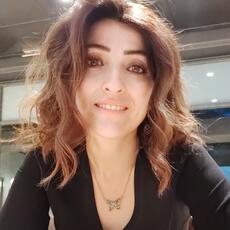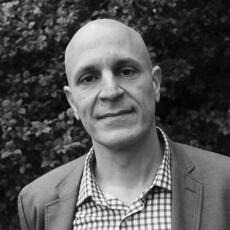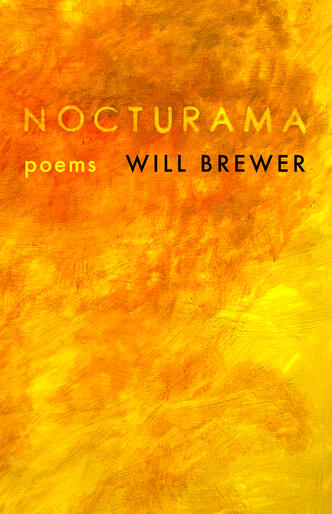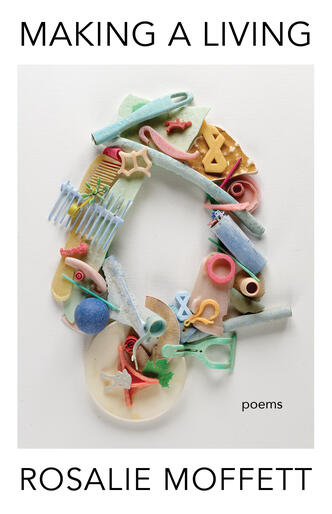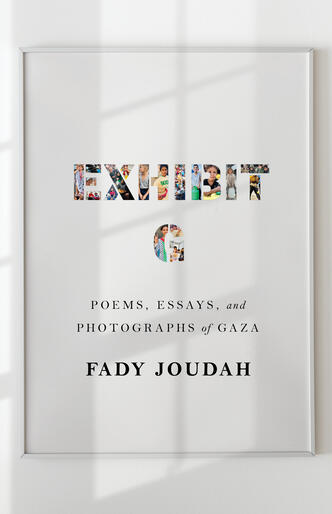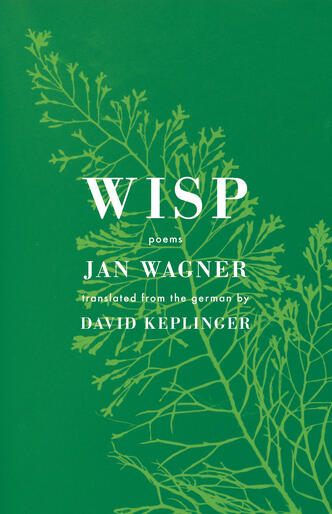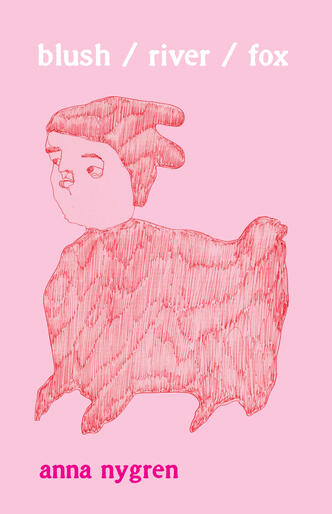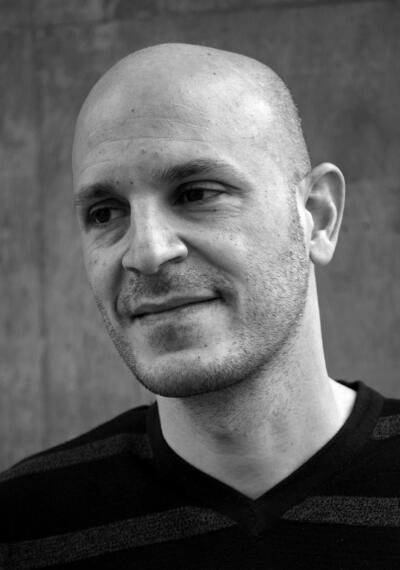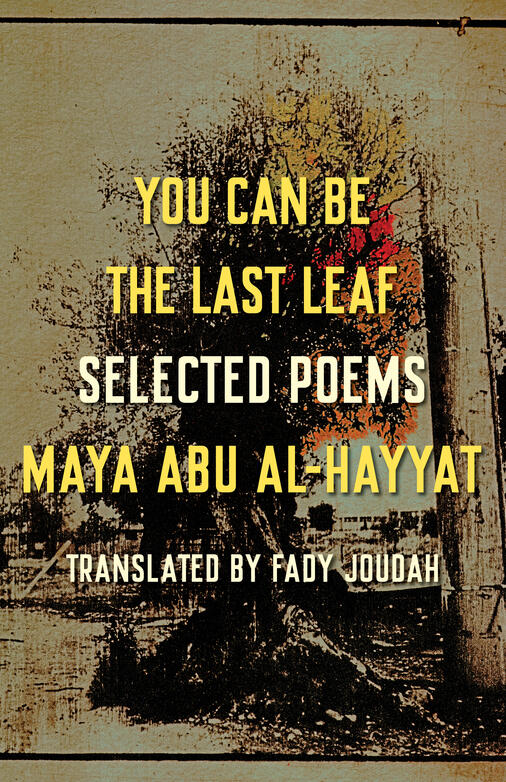
You Can Be the Last Leaf
“The Palestinian poet’s U.S. debut gathers two decades of her intimate testimony about private life in a public war zone, where ‘those who win by killing fewer children / are losers.’”—NEW YORK TIMES BOOK REVIEW
Finalist for the National Book Critics Circle Award in Translation
Finalist for the 2024 Sarah Maguire Prize
Translated from the Arabic and introduced by Fady Joudah, You Can Be the Last Leaf draws on two decades of work to present the transcendent and timely US debut of Palestinian poet Maya Abu Al-Hayyat.
Art. Garlic. Taxis. Sleepy soldiers at checkpoints. The smell of trash on a winter street, before “our wild rosebush, neglected / by the gate, / blooms.” Lovers who don’t return, the possibility that you yourself might not return. Making beds. Cleaning up vomit. Reading recipes. In You Can Be the Last Leaf, these are the ordinary and profound—sometimes tragic, sometimes dreamy, sometimes almost frivolous—moments of life under Israeli colonial rule.
Here, private and public domains are inseparable. Desire, loss, and violence permeate the walls of the home, the borders of the mind. And yet that mind is full of its own fierce and funny voice, its own preoccupations and strangenesses. “It matters to me,” writes Abu Al-Hayyat, “what you’re thinking now / as you coerce your kids to sleep / in the middle of shelling”: whether it’s coming up with “plans / to solve the world’s problems,” plans that “eliminate longing from stories, remove exhaustion from groans,” or dreaming “of a war / that’s got no war in it,” or proclaiming that “I don’t believe in survival.”
In You Can Be the Last Leaf, Abu Al-Hayyat has created a richly textured portrait of Palestinian interiority—at once wry and romantic, worried and tenacious, and always singing itself.
